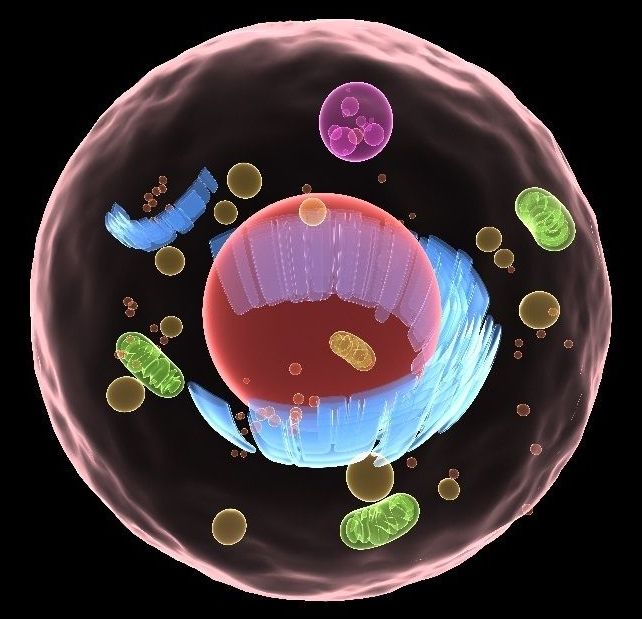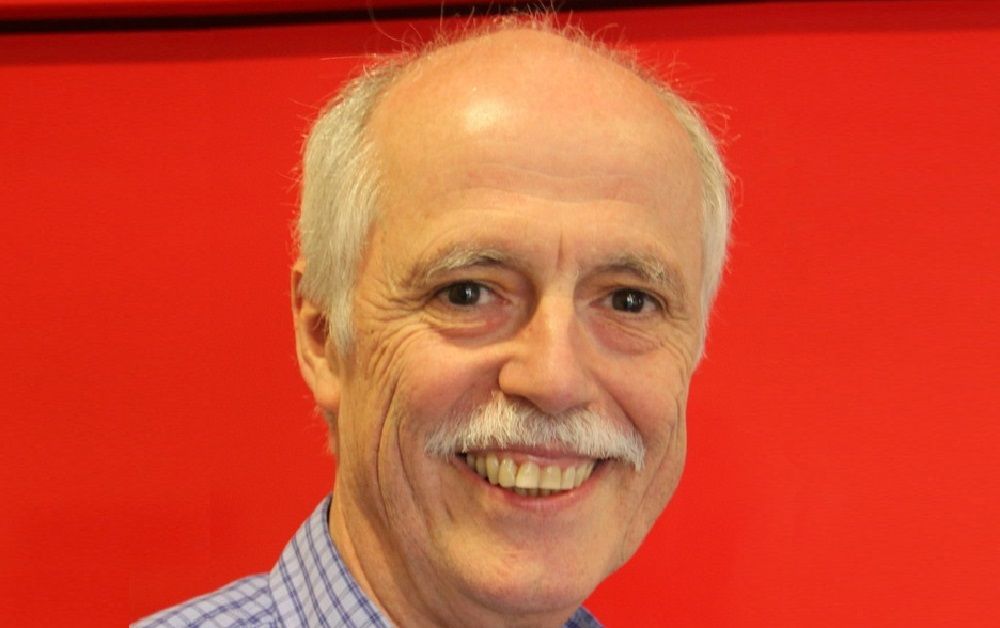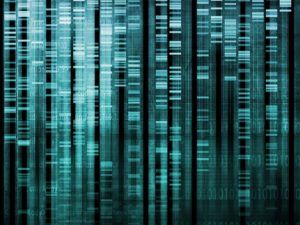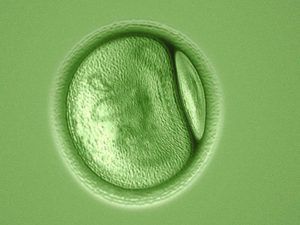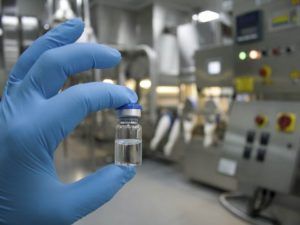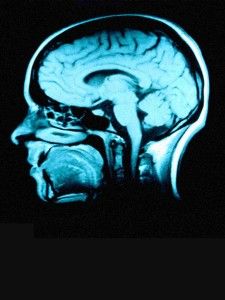Archive for the ‘biological’ category: Page 190
Jan 15, 2018
US Anti-Aging Chief Updates Geroscience Research Progress
Posted by Brady Hartman in categories: biological, life extension
Part 1 of a 4 part article titled Geroscience… written by the US head of research in aging biology… Felipe Sierra.
Introduction to the essay Geroscience by Felipe Sierra, both provides a glimpse into the future of the longevity field which targets aging.
Read more
Jan 11, 2018
Playboy — DNA To Find The One — Bioquark Commentary
Posted by Ira S. Pastor in categories: biological, biotech/medical, business, DNA, finance, genetics, health, philosophy, science, sex
Jan 9, 2018
Bioquark Inc. — Ira Pastor — Humans 2.0 Podcast
Posted by Ira S. Pastor in categories: aging, bioengineering, biological, business, cryonics, DNA, health, life extension, singularity, transhumanism
Jan 3, 2018
Bioquark Inc. — Bringing Inspiration To Earth Show
Posted by Ira S. Pastor in categories: aging, bioengineering, biological, business, DNA, futurism, genetics, life extension, posthumanism, transhumanism
Jan 2, 2018
Bioquark Inc. — The TRT Revolution Podcast
Posted by Ira S. Pastor in categories: aging, bioengineering, biological, biotech/medical, business, cosmology, DNA, genetics, health, life extension, transhumanism
Dec 29, 2017
Bioquark Inc. — Cosmos Connection
Posted by Ira S. Pastor in categories: aging, bioengineering, biological, biotech/medical, complex systems, cryonics, DNA, futurism, genetics, health, life extension
Dec 26, 2017
Bioquark Inc. — The Becoming SuperHuman Podcast
Posted by Ira S. Pastor in categories: aging, bioengineering, biological, biotech/medical, cryonics, DNA, futurism, genetics, health, science
Tags: aging, anti-aging, biotech, biotechnology, healthspan, immortality, lifespan, longevity
